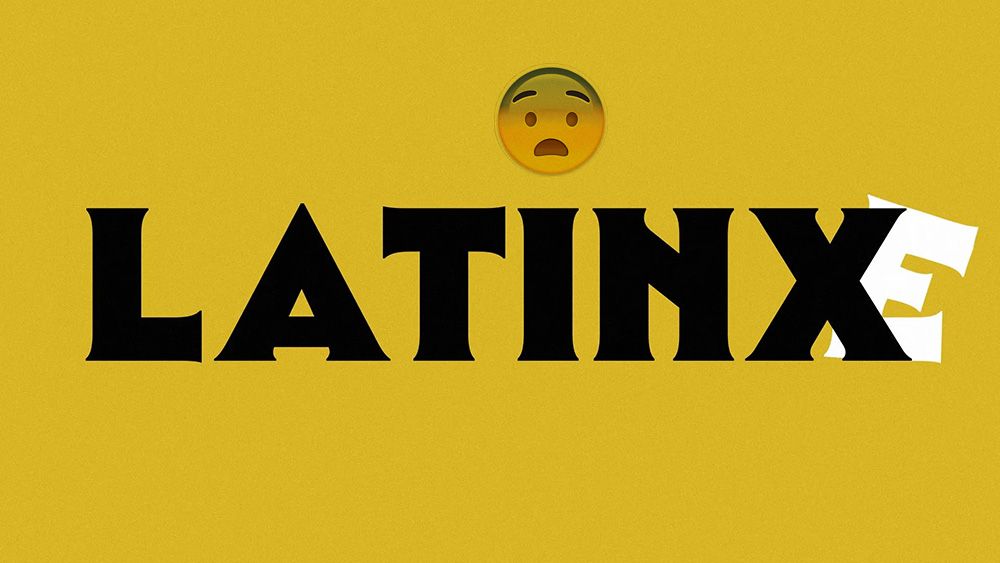PJ Media Reports: "Latine is the new Latinx," declared Axios.
I guess that means no one is actually going to use this new term either.
According to Carlos Zavala, vice president at consulting firm Whiteboard Advisors, the term "Latine" is "part of a movement centered on wanting to build and foster an inclusive community."
Apparently, Latinx is becoming less fashionable in woke circles, and Latine is now the gender-neutral option du jour. "Latinx had been pushed by U.S. academics as a gender-neutral option for Latinos but was criticized for using the letter 'x' in a manner that's unnatural to Spanish speakers" -- which sounds about right.
Does "Latine" have a chance of becoming mainstream? That's not likely. According to an Axios-Ipsos poll, the preferred terms by a huge margin are still "Latino," "Latina," and "Hispanic," garnering over 80% acceptance, followed by identifiers linked to specific countries of origin, like "Cuban American" or "Mexican American."
There is also significant discomfort with "Latine," particularly in border states, in the Midwest, and in Spanish- and Portuguese-speaking countries, where it is considered unnecessary and distorts grammar rules.










